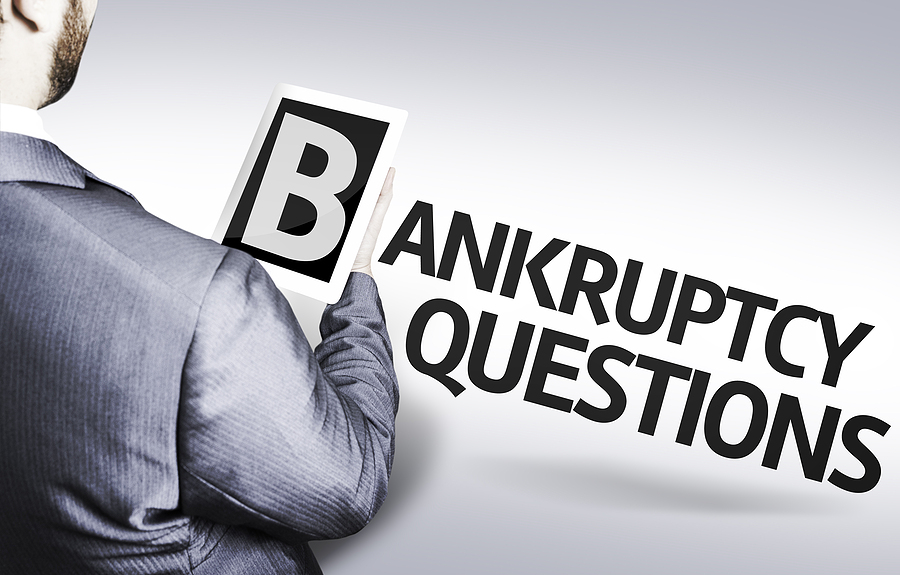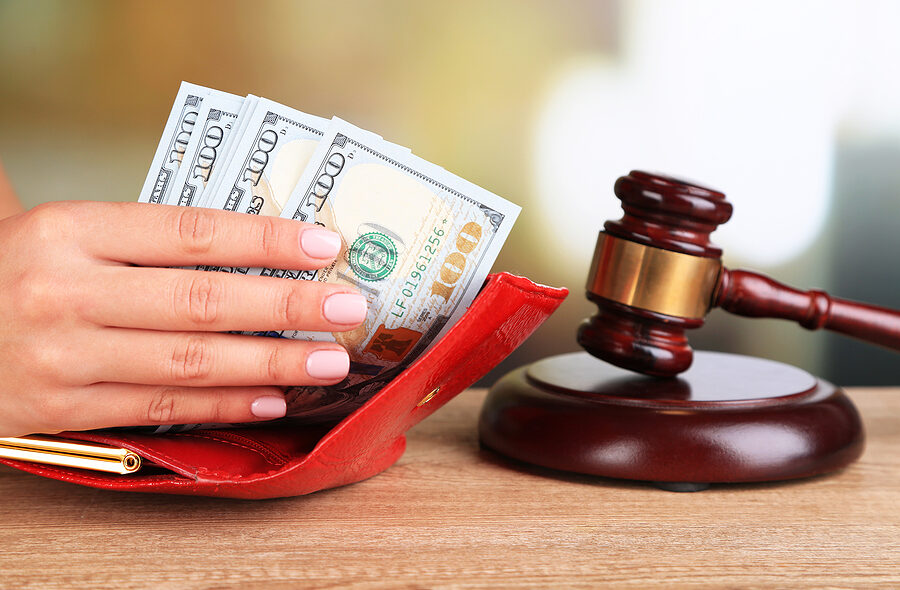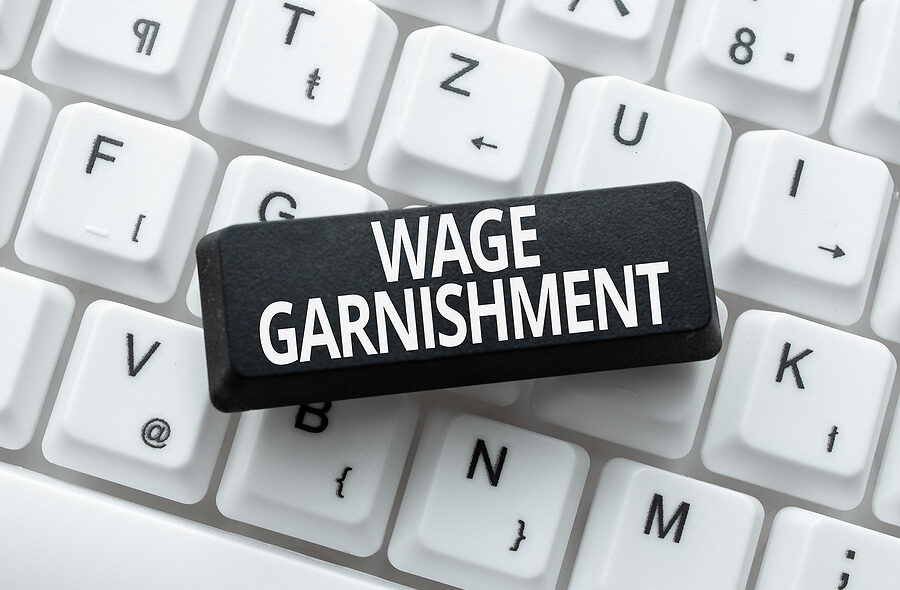One of the biggest advantages of filing bankruptcy is the possibility of a fresh financial start. Filing for bankruptcy also stops collection calls, wage garnishments, and lawsuits. Chapter 7 bankruptcy wipes out many kinds of debt, including: credit card debt, medical bills, personal loans, civil judgments, past-due rent and utility bills, business debts and some older tax debts.
Filing for bankruptcy may make sense depending on how much debt you have, your other financial obligations, and other methods of debt relief you have tried.
To file Chapter 7 bankruptcy, you will need to complete and submit paperwork outlining your earnings, spending, and amount of debt to the bankruptcy court. Those that are employed will also be required to share tax returns and pay stubs.
Typically, those that file should meet the following criteria:
- Have a low credit score
- Have no foreseeable way to pay off debt within the next few years
- Do not possess expensive property
- Have more than $10,000 in debt
- Struggle to make payments
- Are in fear of legal action being taken against them due to debt.
A qualified bankruptcy attorney can offer guidance and answer any questions the person may have about whether it is time to move forward and proceed with a bankruptcy filing. A bankruptcy attorney can also assist in determining which type of bankruptcy is best.
If you have questions on this topic or are in financial crisis and considering filing for bankruptcy, contact an experienced Miami bankruptcy attorney who can advise you of all of your options. As an experienced CPA as well as a proven bankruptcy lawyer, Timothy Kingcade knows how to help clients take full advantage of the bankruptcy laws to protect their assets and get successful results. Since 1996 Kingcade Garcia McMaken has been helping people from all walks of life build a better tomorrow. Our attorneys help thousands of people every year take advantage of their rights under bankruptcy protection to restart, rebuild and recover. The day you hire our firm, we will contact your creditors to stop the harassment. You can also find useful consumer information on the Kingcade Garcia McMaken website at www.miamibankruptcy.com.
SOURCE: https://www.nerdwallet.com/article/finance/bankruptcy-best-option



